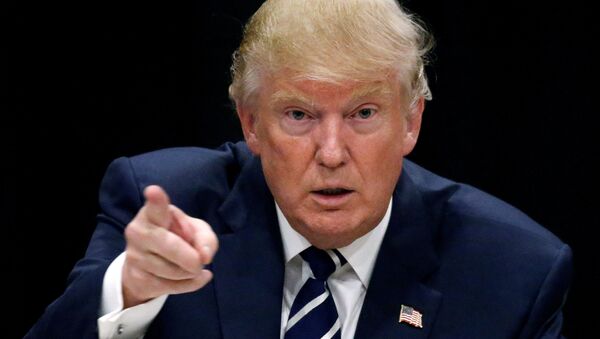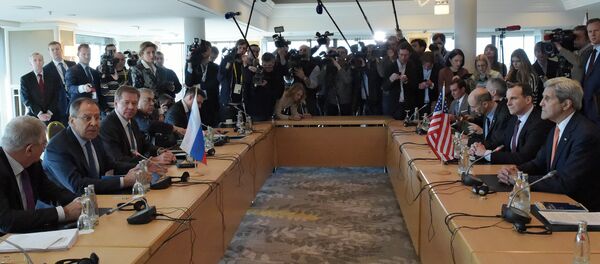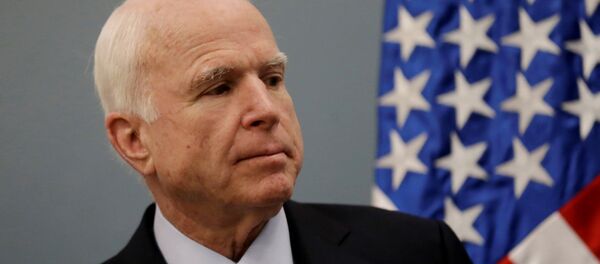On Monday the White House will receive recommendations regarding a Syrian campaign, which may include countering Daesh propaganda, limiting their recruitment, and cutting off the group’s money.
The strategy will include fighting al-Qaeda and other militant groups in the Middle East as well as Daesh, according to Marine Corps Gen. Joseph Dunford, chairman of the Joint Chiefs of Staff, who said on Thursday that, "This is a political-military plan…It is not a military plan."
Dunford’s comments appeared more tempered than Trump’s pronouncements of wiping the extremists out, and the military commander cautioned that Washington must take care to not create new problems in the Middle East in its efforts to neutralize Daesh.
Pentagon head James Mattis will be presenting a broad framework for US military strategy based on suggestions from the CIA, the State Department and other federal agencies. According to officials, many of these recommendations will leave key elements of the Obama administration’s strategy intact, including avoiding the placement of American troops in the region, in favor of supporting local forces.
While in Baghdad last week Mattis remarked, "I would just tell you that by, with and through our allies is the way this coalition is going against Daesh…We're going to continue to go after them until we destroy them and any kind of belief in the inevitability of their message."
Mattis was ordered to deliver a "preliminary draft" in 30 days, according to a Trump executive order issued in late January. The President wanted a plan that would not only "isolate and delegitimize" the terrorist group but guarantee victory.
As it pertains to arming Syrian Kurds, or increasing the number of US troops in the country, the Defense Secretary said he would "accommodate any request" from field commanders.
"I think there will be a shift from the Obama administration," said Alexander Mercouris, editor-in-chief of The Duran, to Radio Sputnik’s Loud & Clear program, "The problem is, that the details of what the Trump administration is going to do and what General Mattis is going to advise is, at the moment, far from clear."
Mercouris noted that, "We’ve had all these references to safe zones, to more troops being sent to the area…My guess is that we’re going to see quite an escalation of US effort in the area. That unfortunately means a greater US presence in the area, which could have all kinds of consequences."
d12a1.jpg" width="100%" height="80px" frameborder="0">
Even though Trump has expressed interest in collaborating with Russia to address Daesh, the Pentagon is treading lightly on Moscow’s involvement in Syria. As such, Mattis and other military officials appear to be keener on developments in Iraq, indicating that a stronger focus on Syria could follow.





